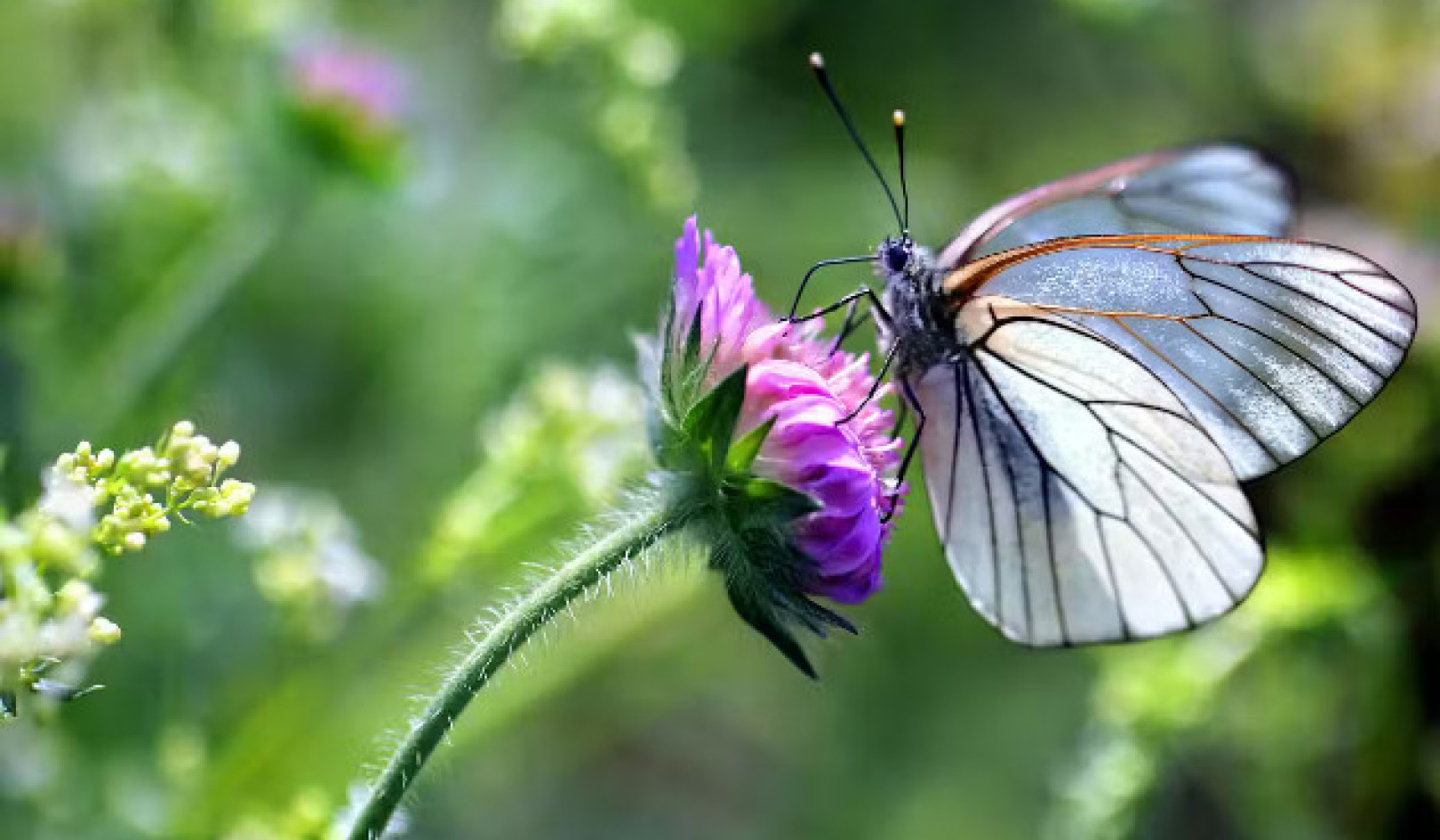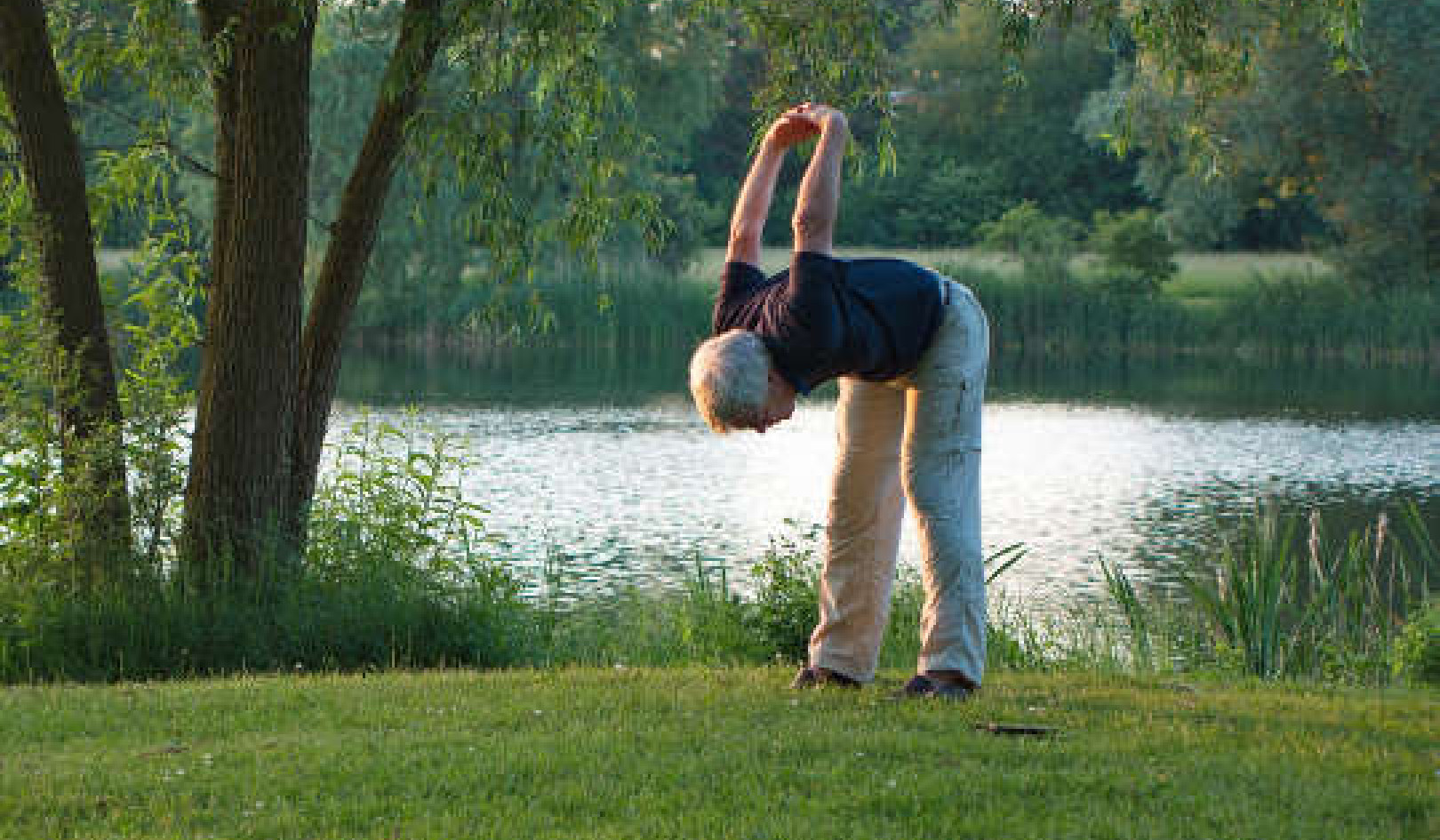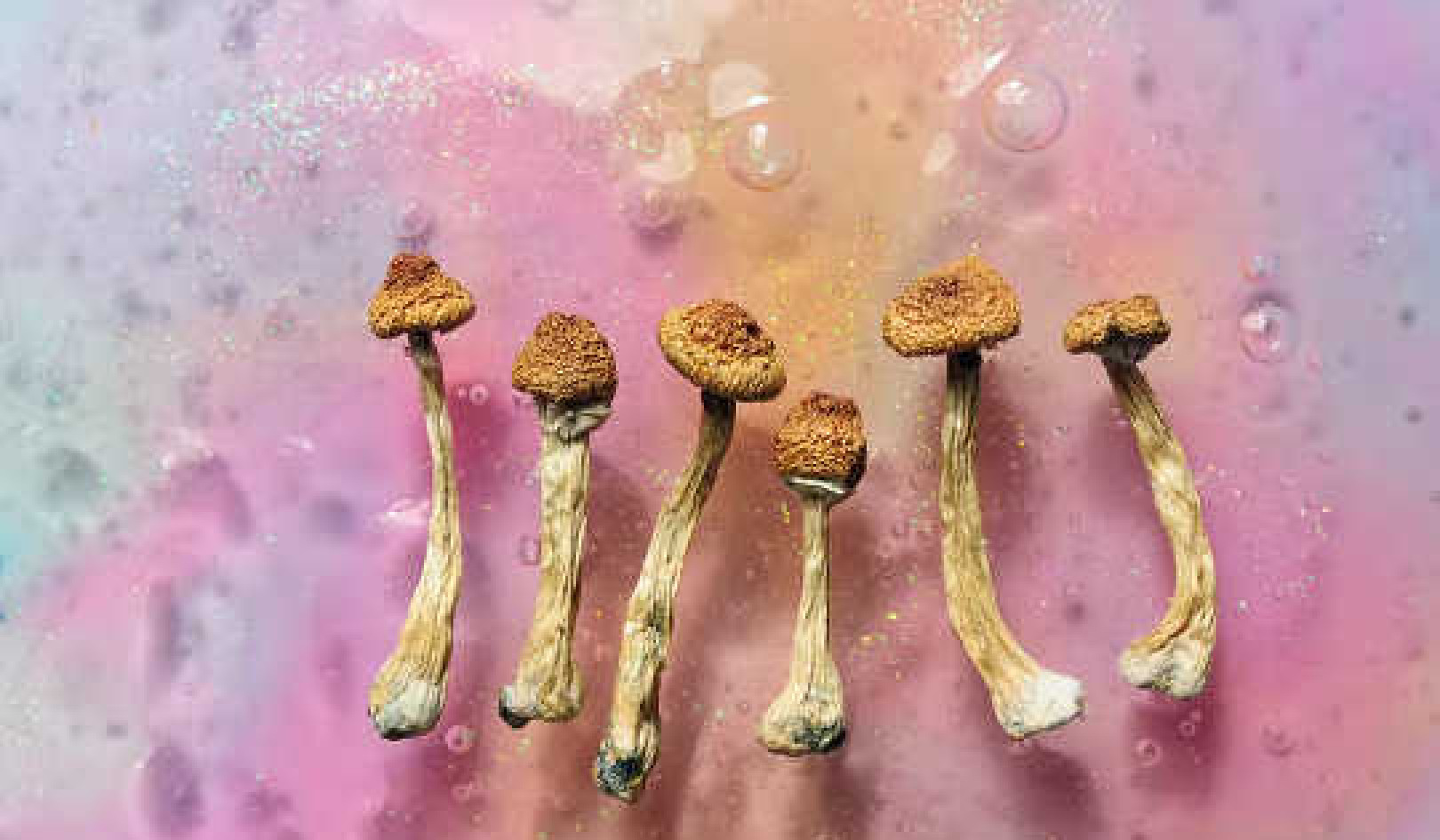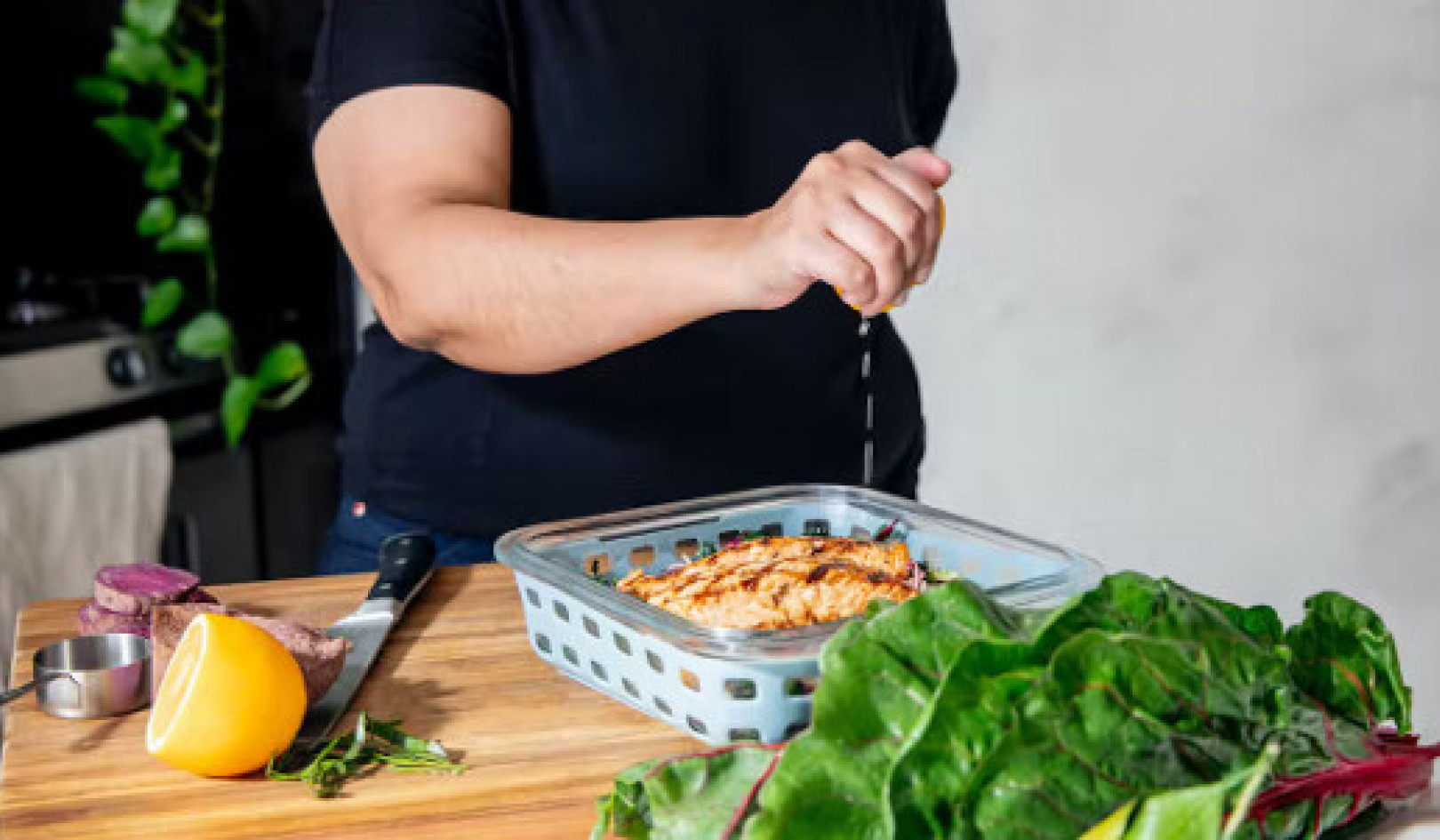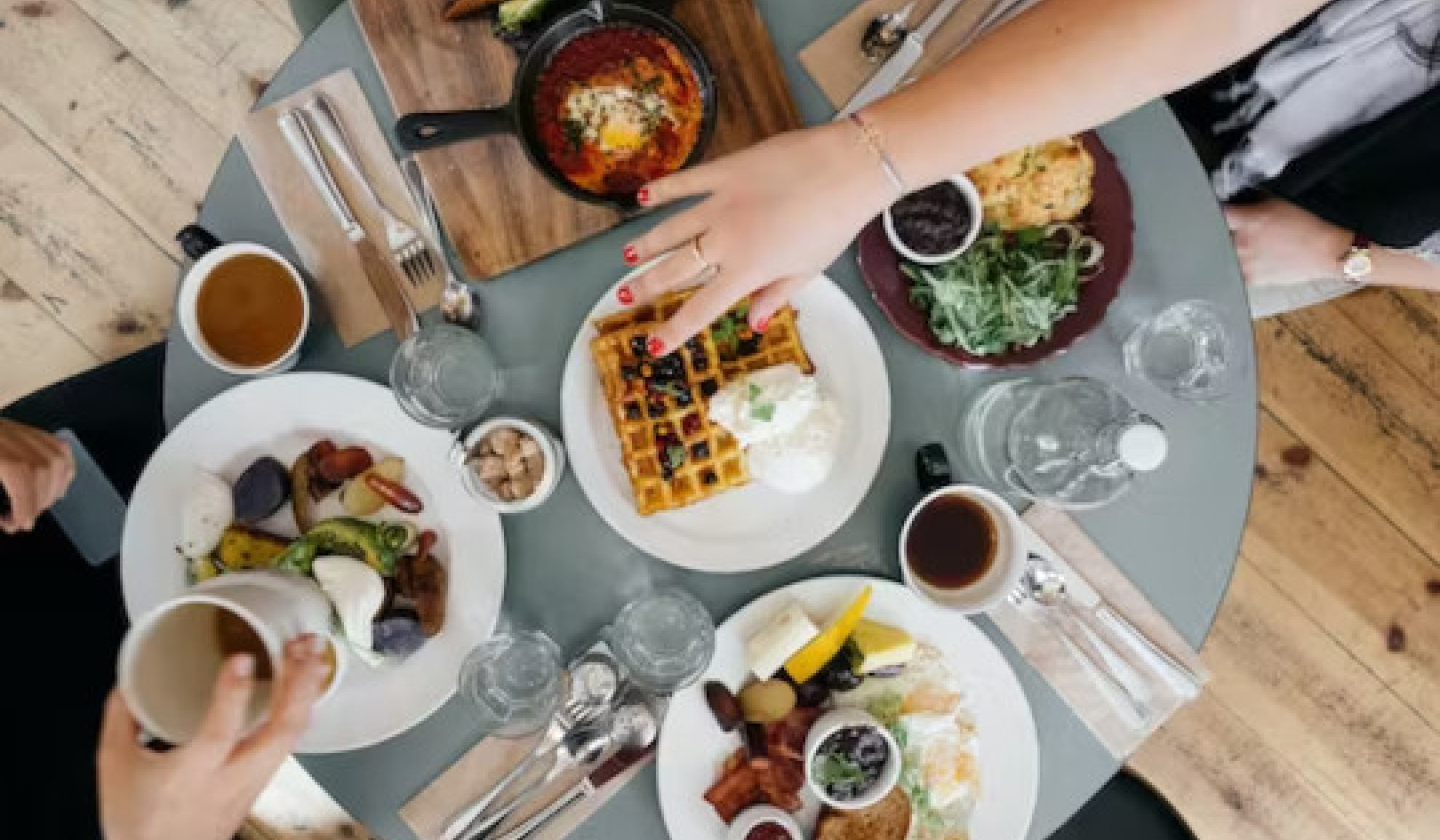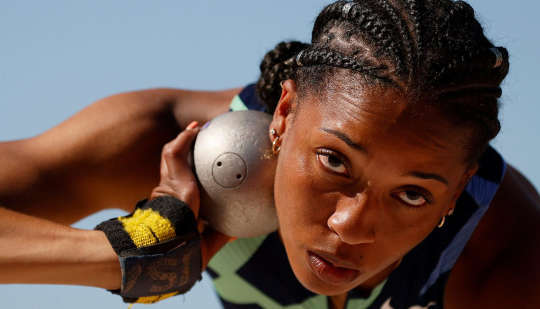
Depending on their discipline, some Olympic athletes could potentially enjoy some junk food without affecting their performance, an expert explains.
“Combining the right diet with training is critical for success at the Olympic Games. Without enough food, and thereby energy, an athlete’s performance will be far from optimal, regardless of how much they’ve trained,” explains professor Lars Nybo of the University of Copenhagen’s department of nutrition, exercise, and sports.
In the long run, the best diet for athletes isn’t as simple as pounding protein drinks and chomping energy bars. What foods, how much, and when they should eat depends entirely upon their sporting discipline.
“We all need the right amount of protein, carbohydrate, fat, vitamins, minerals, salt, and fatty acids for optimal performance. But in some disciplines, it is essential to load up on carbohydrates during the final 48 hours prior to an event, whereas athletes in other disciplines can get away with eating junk food for breakfast,” he explains.
For a shot-putter, their diet and training in the years leading up to an Olympic Games matters most for their ability to build the explosive strength needed to push a 7 kilogram (15.4 pound) ball as far as possible.
“Generally, a shot-putter consumes a substantial amount of food on a daily basis, and post-workout protein in particular, in the run up to an Olympic Games, so as to build up muscle mass with which to launch their ball. With regards to event-day, what they eat isn’t too important. That’s because their performance is so brief that they needn’t have a vast reserve of energy built up in advance. In a nutshell, a shot-putter can eat junk food or doughnuts for breakfast,” explains Nybo.
The same dietary principle applies in other explosive disciplines, such as for 100-meter sprinters, javelin throwers, and high jumpers, because energy is only required for relatively short durations. For them, no special diet is necessary on the days immediately before or on event days.
“Nevertheless, it is important for these athletes to not overeat prior to competition. Because, as one stores energy from food, water is stored in the body as well. This makes us heavier, which isn’t smart when competing,” Nybo explains.
Whereas shot-putters, sprinters, and javelin throwers needn’t focus on specific dietary regimens on the days prior to an Olympic performance, things are quite different for distance runners and cyclists who may need to run 42.2 km (26 miles) or ride 244 km (152 miles). Nybo explains:
“While a road cyclist also needs to have consumed a healthy, varied diet leading up to the Olympics, the final two days before an event are of particular importance. During this time, a rider must consume large quantities of carbohydrate in the form of rice or white bread, for example,” he says.
This is because glycogen, the sugar from these foodstuffs, needs to be stored in muscles and the liver. Glycogen delivers riders an extra shot of energy once they set their muscles into motion and spin the pedals hard.
“Furthermore, cyclists need to eat lighter, more frequent meals during a long race—chocolate and energy drinks for example. This deposit of sugar is saved and provides energy throughout races,” says Nybo.
Source: University of Copenhagen

Related Books:
Salt, Fat, Acid, Heat: Mastering the Elements of Good Cooking
by Samin Nosrat and Wendy MacNaughton
This book offers a comprehensive guide to cooking, focusing on the four elements of salt, fat, acid, and heat and offering insights and techniques for creating delicious and well-balanced meals.
Click for more info or to order
The Skinnytaste Cookbook: Light on Calories, Big on Flavor
by Gina Homolka
This cookbook offers a collection of healthy and delicious recipes, focusing on fresh ingredients and bold flavors.
Click for more info or to order
Food Fix: How to Save Our Health, Our Economy, Our Communities, and Our Planet--One Bite at a Time
by Dr. Mark Hyman
This book explores the links between food, health, and the environment, offering insights and strategies for creating a healthier and more sustainable food system.
Click for more info or to order
The Barefoot Contessa Cookbook: Secrets from the East Hampton Specialty Food Store for Simple Entertaining
by Ina Garten
This cookbook offers a collection of classic and elegant recipes from the beloved Barefoot Contessa, focusing on fresh ingredients and simple preparation.
Click for more info or to order
How to Cook Everything: The Basics
by Mark Bittman
This cookbook offers a comprehensive guide to cooking basics, covering everything from knife skills to basic techniques and offering a collection of simple and delicious recipes.
Click for more info or to order
This article originally appeared on Futurity
















